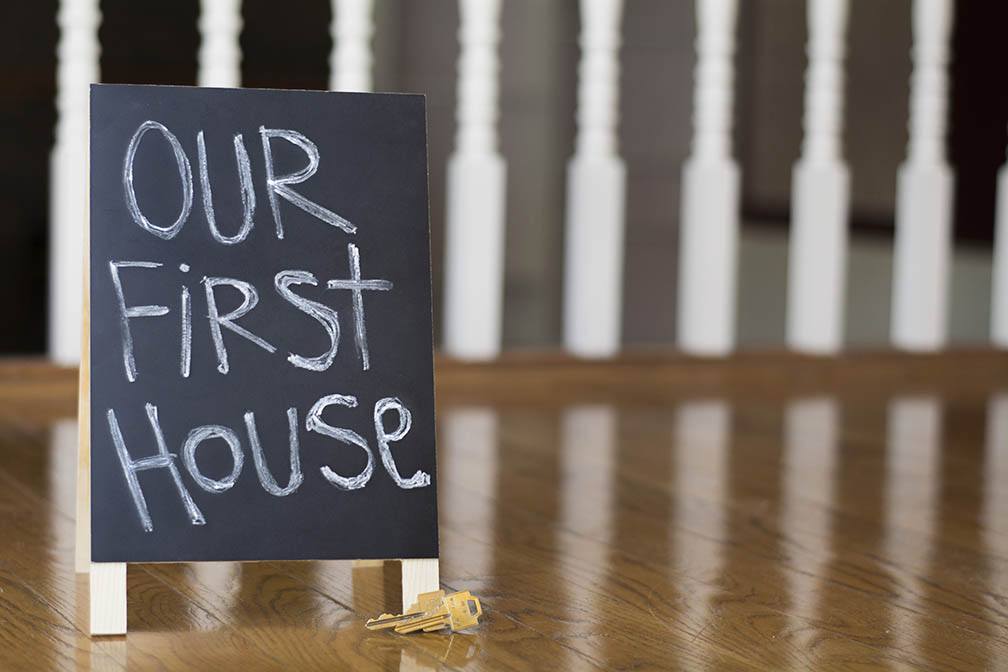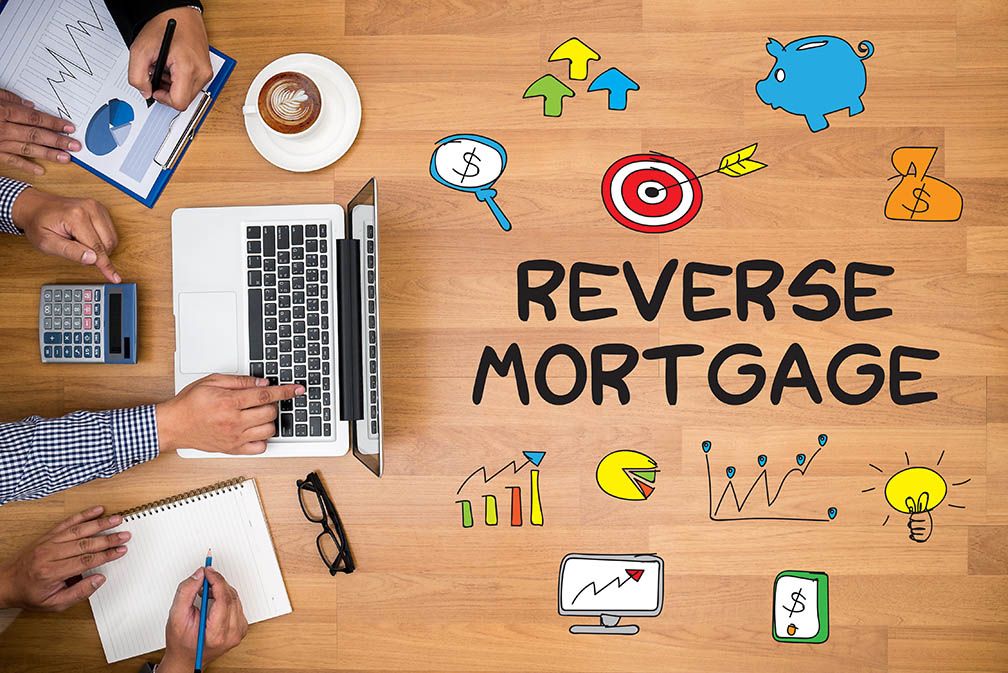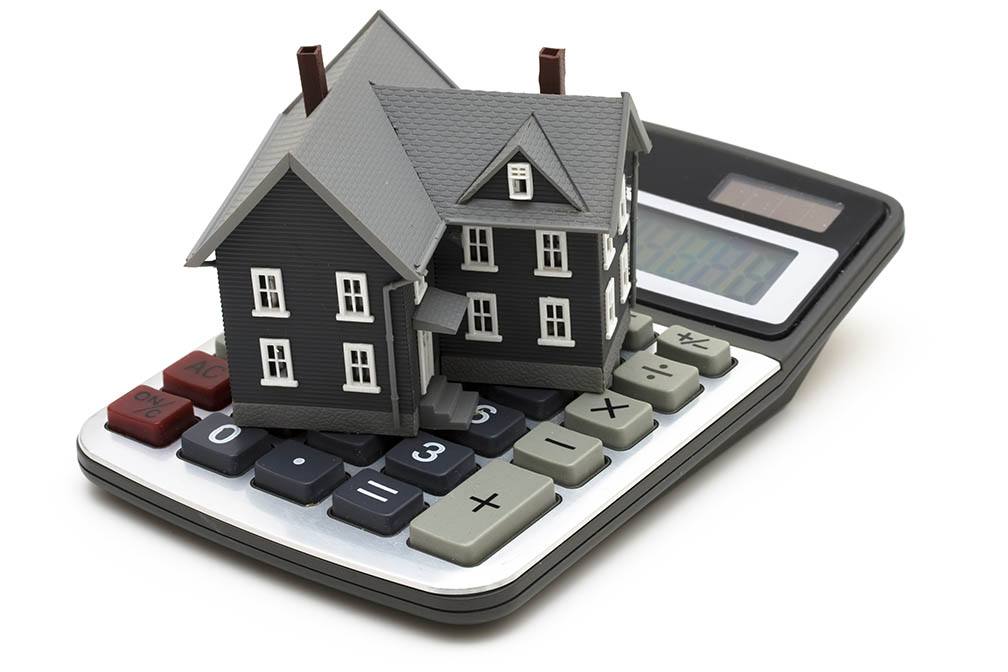 A poor credit history is a reality for many people, but it can be particularly daunting when it comes to investing in a house. Fortunately, simply because you or yours have experienced bad credit doesn’t mean that you should be penalized in the future. If your spouse has struggled with bad credit in the past but you’re both preparing to move forward and invest in a home, here are some tips for getting it together financially.
A poor credit history is a reality for many people, but it can be particularly daunting when it comes to investing in a house. Fortunately, simply because you or yours have experienced bad credit doesn’t mean that you should be penalized in the future. If your spouse has struggled with bad credit in the past but you’re both preparing to move forward and invest in a home, here are some tips for getting it together financially.
Face The Music
Many people who have bad credit are too scared to take a look at their credit report and broach it honestly, but it’s important to come to terms with the problem so that it can be fixed. Instead of ignoring it, get a copy of the credit report and review it for any errors so that you can update these if needed and be aware of the issues impacting your credit score. While there may not be any inaccuracies on the report, knowing what you’re dealing with will give you a point to start from.
Make Your Payments
At some point, most people have missed a credit card or bill payment, but the first step involved in improving your finances and your credit is ensuring your spouse is paying their bills on time. While this won’t require paying the complete balance each month, it’s important to pay the minimum balance before the due date, and stick with it! It may seem like a small step, but over time it will improve credit and say a lot to mortgage lenders!
Save Up For Down Payment
20% is the amount that’s often suggested when it comes to a down payment, but if your spouse has terrible credit, it may be worth your while to save up more. It goes without saying that having good credit for both yourself and your spouse is important in getting approved for a mortgage, but by having extra for your down payment and paying your bills on time, you may be successful at convincing lenders you’re a solid bet.
It can be a lot more difficult to get your mortgage approved if your spouse has bad credit, but there are steps you can take to improve your financial outlook and give lenders a better impression. If you’re planning on investing in a home in the near future, contact your local real estate professionals for more information.
 Finding the right home and the right mortgage can take a lot of time and energy, so it’s important to consider whether you’ll be prepared for approval before diving into the process. Whether you’ve had some financial setbacks or you just want to have an idea ahead of time, here are some ways to quickly determine if you’ll be pre-approved for a mortgage.
Finding the right home and the right mortgage can take a lot of time and energy, so it’s important to consider whether you’ll be prepared for approval before diving into the process. Whether you’ve had some financial setbacks or you just want to have an idea ahead of time, here are some ways to quickly determine if you’ll be pre-approved for a mortgage. When you’re delving into the market in the hopes of finding your dream home, it’s likely you’ll come across the term debt-to-income ratio. This may not seem important at first, but your DTI is the key to determining the amount of money you can put into your home and just how much you should spend on a monthly basis. If you’re curious about what this means for you, here’s how to calculate it and how it can impact your mortgage.
When you’re delving into the market in the hopes of finding your dream home, it’s likely you’ll come across the term debt-to-income ratio. This may not seem important at first, but your DTI is the key to determining the amount of money you can put into your home and just how much you should spend on a monthly basis. If you’re curious about what this means for you, here’s how to calculate it and how it can impact your mortgage. If you’ve decided to invest and have finally found your ideal home, it’s probably an exciting time for you and your family. But before the deal is sealed, there will be a closing meeting so that all of the loose ends can be tied up. If you want to be ready for closing and are curious what the final meeting will entail, here are a few things to be prepared for.
If you’ve decided to invest and have finally found your ideal home, it’s probably an exciting time for you and your family. But before the deal is sealed, there will be a closing meeting so that all of the loose ends can be tied up. If you want to be ready for closing and are curious what the final meeting will entail, here are a few things to be prepared for. You may be so busy with determining your debt-to-income ratio and deciding what kind of offer to make that closing costs have gotten lost in the mix, but it’s important to remember that finalizing your mortgage will cost you extra. While there’s no way to get around paying money to solidify your mortgage, there are a few steps you can take in order to make it more economical for you.
You may be so busy with determining your debt-to-income ratio and deciding what kind of offer to make that closing costs have gotten lost in the mix, but it’s important to remember that finalizing your mortgage will cost you extra. While there’s no way to get around paying money to solidify your mortgage, there are a few steps you can take in order to make it more economical for you. If you’re familiar with the real estate market, you’ve likely heard the term ‘refinancing’ and may be wondering what this can mean for your mortgage and your financial well-being. While refinancing can be a great benefit for those who are looking for a lower interest rate or a different mortgage type, here are the details on what it can offer and whether or not it will work for you.
If you’re familiar with the real estate market, you’ve likely heard the term ‘refinancing’ and may be wondering what this can mean for your mortgage and your financial well-being. While refinancing can be a great benefit for those who are looking for a lower interest rate or a different mortgage type, here are the details on what it can offer and whether or not it will work for you. There are so many details involved in the mortgage process that you may not be aware of what pre-approval is if you’ve just entered the market. However, pre-approval assesses your ability to make monthly mortgage payments and can be an important first step in the home-buying process. If you’re currently contemplating a home purchase, here’s why you may want to consider pre-approval first.
There are so many details involved in the mortgage process that you may not be aware of what pre-approval is if you’ve just entered the market. However, pre-approval assesses your ability to make monthly mortgage payments and can be an important first step in the home-buying process. If you’re currently contemplating a home purchase, here’s why you may want to consider pre-approval first. When you’ve been in your home for a while and have established a certain amount of equity, it can be a good feeling to know that you have an investment you can count on. However, with changing weather patterns you may be afraid of a natural disaster striking and what it could mean for your financial well-being. If you’re curious about how this can impact your mortgage, here are a few things to consider.
When you’ve been in your home for a while and have established a certain amount of equity, it can be a good feeling to know that you have an investment you can count on. However, with changing weather patterns you may be afraid of a natural disaster striking and what it could mean for your financial well-being. If you’re curious about how this can impact your mortgage, here are a few things to consider. With so many mortgage products available on the market, it can be hard to know which ones will serve you best as a homeowner. As a result, there are many mistruths surrounding the reverse mortgage products. If you’ve heard of this homeownership option and are wondering what it can do for you, let’s clear away some of the misconceptions.
With so many mortgage products available on the market, it can be hard to know which ones will serve you best as a homeowner. As a result, there are many mistruths surrounding the reverse mortgage products. If you’ve heard of this homeownership option and are wondering what it can do for you, let’s clear away some of the misconceptions. The post-election period is often one of uncertainty, and the time since the 2016 election has been no different with regards to market force and the financial world. With a new administration taking office, there are many questions regarding how Donald Trump’s presidency will impact the market and your mortgage. If you’re wondering what the predictions are for the coming year, here are a few things the experts are considering.
The post-election period is often one of uncertainty, and the time since the 2016 election has been no different with regards to market force and the financial world. With a new administration taking office, there are many questions regarding how Donald Trump’s presidency will impact the market and your mortgage. If you’re wondering what the predictions are for the coming year, here are a few things the experts are considering.